In recent years, the Boston Celtics have remained in the top tier of competition. However, upon closer inspection, a problem has emerged: the issue of attracting superstar players.
The Celtics, once a team that shone brightly, are now finding it increasingly difficult to attract top-tier stars.

Why is this? It starts with General Manager Danny Ainge, an "old-school" manager who has made some remarkable decisions. Many people believe that behind the Celtics' rise, there is a share of his credit. However, Ainge's coldness and persistence have also, to a certain extent, become the "mastermind" behind the team losing superstar players.
The Celtics were once a gathering place for NBA superstars, and even today, you can see potential superstars like Jayson Tatum.
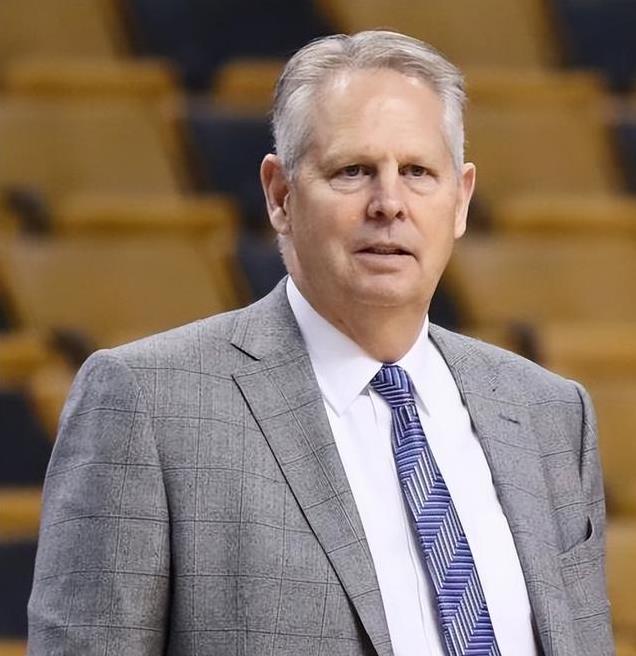
But the problem is that today's Celtics seem to be less favored by those top players.
You might ask, what's going on? Is it because the team isn't performing well? Not entirely.
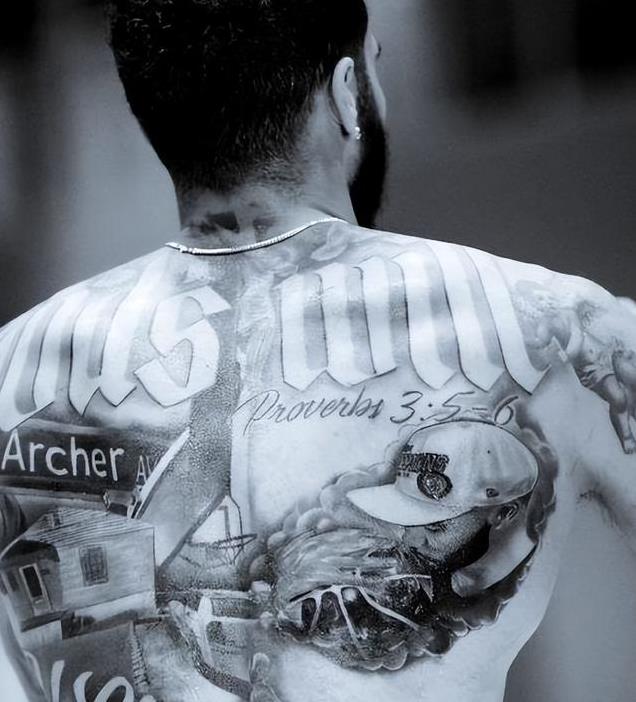
Even with strong power, the Celtics can still hold their ground in the playoffs and even compete with strong teams.
Many people say this is due to Brad Stevens' coaching style, but if we really want to trace the roots, 50% of the credit belongs to Danny Ainge.
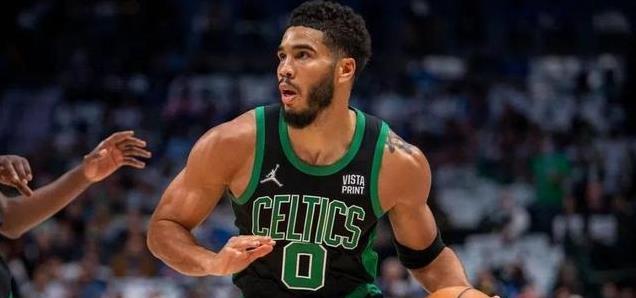
Ainge is not only a calm scout but also an "old-school manager" with his own basketball philosophy.
He always believes that the long-term interests of the team are more important than immediate achievements.
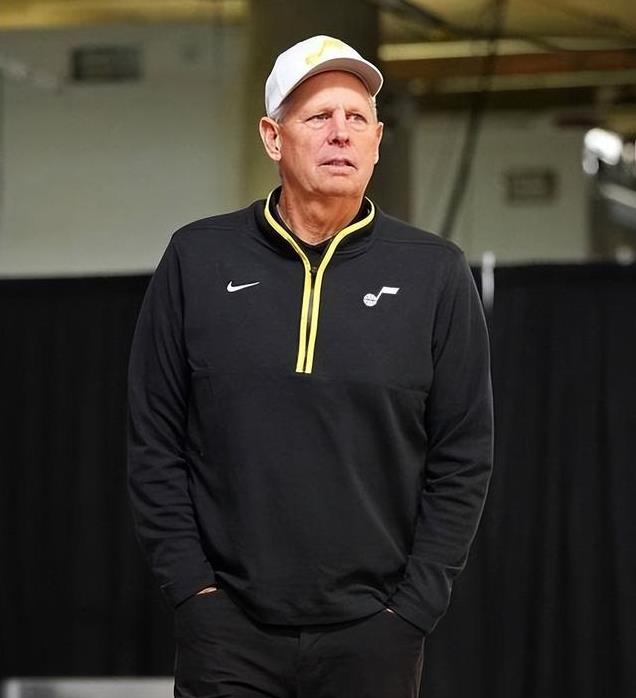
Take the 2013 trade, for example.
Many people don't understand why he gave up Kevin Garnett and Paul Pierce, two former superstars, in the trade market. It seemed like a worthless trade, but Ainge was very decisive.
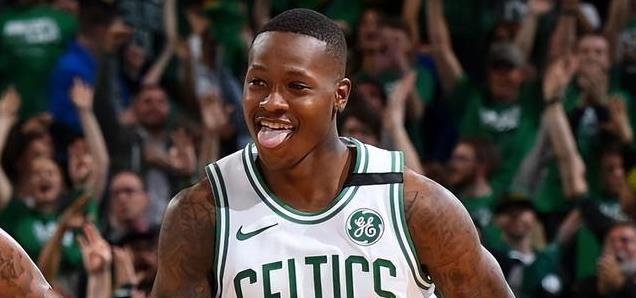
In his eyes, although there seems to be no short-term return, his goal is to build a more lasting and stable team.
And it is precisely this extreme patience and cold judgment that has given the Celtics an advantage in long-term competition.
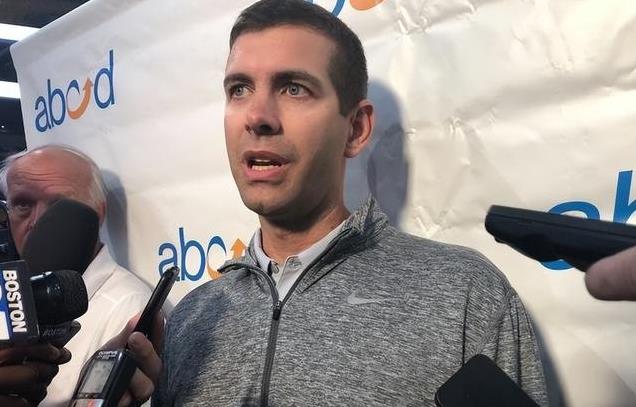
However, this approach to player attitudes is not something everyone can accept.
Look at the current Celtics, where players are treated like "tools," striving for performance, but they are well aware that the Celtics will never easily offer big contracts unless you can prove yourself to be a superstar capable of changing the game.
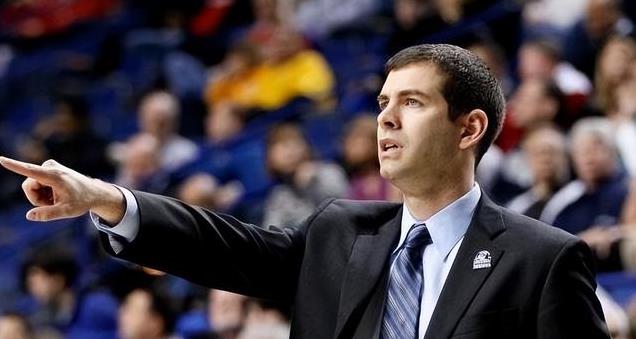
Even young players with outstanding talent like Tatum must constantly face the challenges of injuries and fatigue, ultimately earning the honor of the Celtics, but these players may not receive true "recognition" in the eyes of the Celtics.
Some netizens commented: "Ainge gives the impression that team success is the most important thing, whether it's players or coaches, they seem to be just pawns on the chessboard, and only when the chess layout is complete will they find themselves left behind." This comment is not exaggerated. The Celtics do have this tendency, where players' emotions and health seem to be secondary.
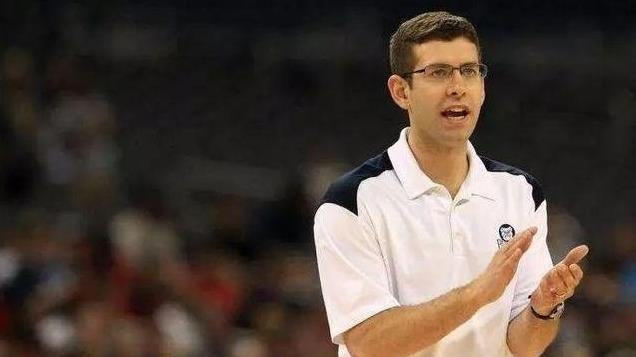
To put it bluntly, they value the "team" more than the "individual."
Returning to Ainge's management style, his success is inseparable from his unconventional way of handling affairs.
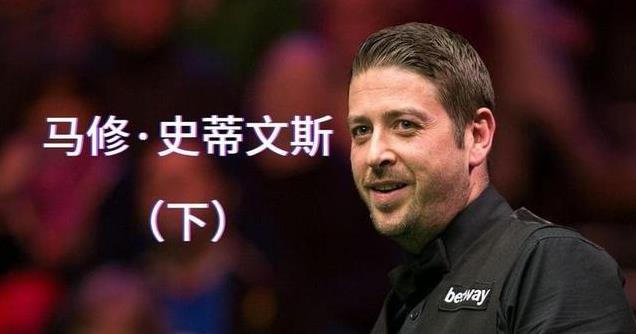
For example, he is extremely calm in choosing players and very focused on the team's long-term development rather than immediate glory.
This can be seen from the Celtics' strategy of continuously introducing rookies and cultivating young players.

Ainge hopes to create a team that can compete for championships in the coming years through more draft picks and flexible salary space.
However, while this approach can bring strong potential to the team, it also sacrifices immediate combat effectiveness and the atmosphere of wholeheartedly striving for the championship.

In fact, the Celtics did have opportunities to sign superstars.
For example, in the summer of 2019, they had a strong connection with Anthony Davis, but because Ainge was never willing to offer him a maximum contract, the deal fell through.
Even though Davis eventually went to the Lakers and led them to win the championship, the Celtics could only watch the opportunity slip away.
This management style of adhering to long-term interests, although advantageous in the long run, also causes the team to lose many possibilities in the short term.
Another netizen commented: "The Celtics are becoming more and more like a 'steadily advancing' team. Perhaps they will indeed achieve great results in the next few years, but without the addition of superstars, it will be difficult for them to win the championship again." This makes a lot of sense.
Under Ainge's leadership, the Celtics will not fall in the short term, but to become the dominant force in the league again, they obviously need some more significant names to supplement.
To achieve this, the Celtics must make some changes, especially in terms of player treatment and team culture.
If Ainge continues to insist on his management methods, then perhaps the Celtics will never be able to attract a real superstar again.
This cold-blooded manager, if he cannot understand the players' desire for honor and a sense of belonging, will find it difficult to see the superstars that the Celtics once yearned for come to Boston no matter how hard he tries.
But if the Celtics want to return to the peak, they really need to change something.
Basketball is not just about calm decision-making and long planning; sometimes, genuine investment and care are the long-term driving forces that sustain a team's success.
And these things cannot be obtained through trades and draft picks alone.